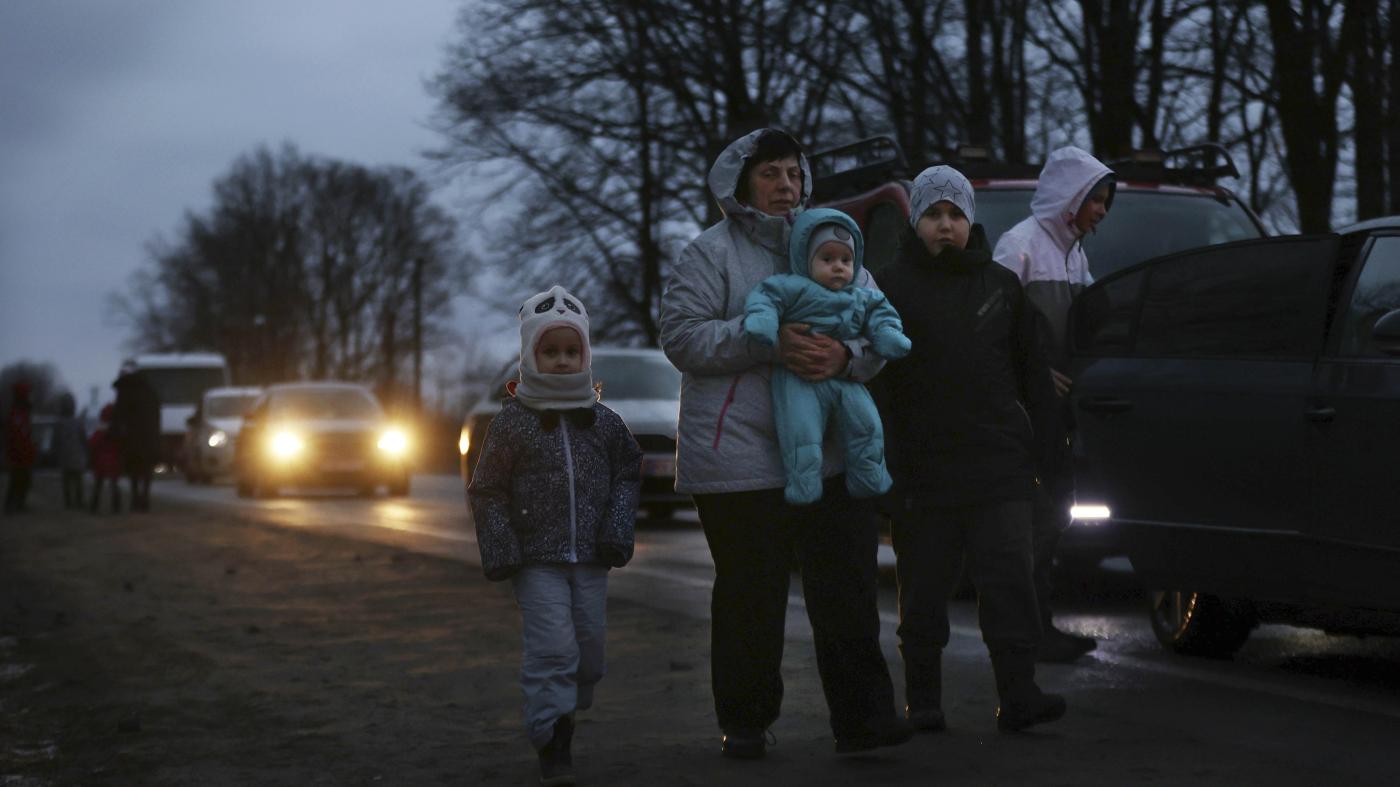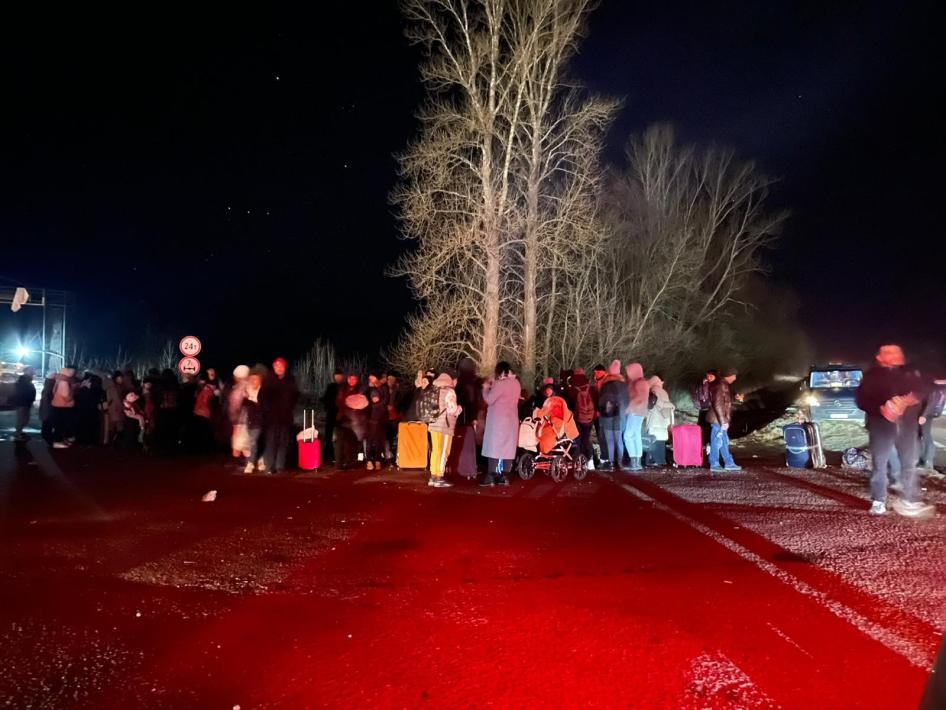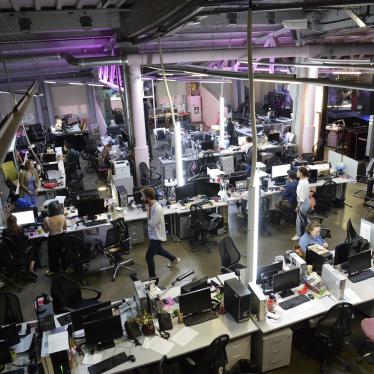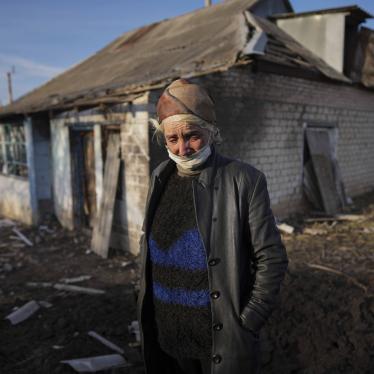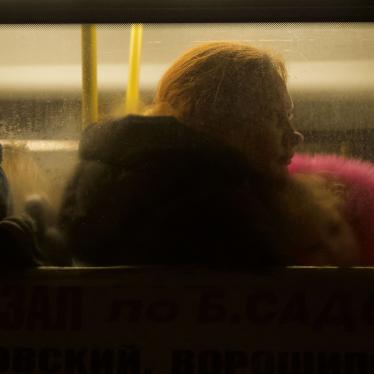In a mix of disbelief and despair, I watched people fleeing the war. People standing on the side of the road in the dark, warming themselves by makeshift fires. A woman rocking a tiny child. A dog peeking from a man’s backpack. An abandoned stroller on the side of the road. Someone’s suitcase left behind.
As we drove towards Lviv, about 75 kilometers from Ukraine’s border with Poland, we saw a nearly immobile line of cars on the road to Poland that stretched for kilometers. Many people were walking to the border. A woman named Sofia, from Lviv, whom I spoke to by phone, said she had joined the queue in her car earlier that evening. Fourteen hours later she was still in the line with a friend and her friend’s two children, ages 2 and 5. They finally made it to Poland three days later.
Another woman I spoke to, Oksana, had spent three nights at the Romanian border in a car with her mother, two dogs, an 8-year-old daughter, and an infant. “We are moving very slowly,” she told me over the phone. “Today we have progressed for 200 meters. We have food and water that we brought with us, but we are exhausted.”
We came across several different explanations as to why the crossing process has been painfully slow. Several people told me it was because many people were walking across the border, slowing down progress for those in cars. Mariia, a volunteer organizing support on the Polish side, said that Ukrainian border guards told them that their electronic systems were repeatedly down, possibly due to DDoS cyberattacks. Whatever the reason, people waiting for hours on foot or in vehicles in kilometers-long lines, enduring freezing temperatures, urgently need food, water, access to portable toilets, warming stations, and the like.
As Sofia said, “We are fine, but I see people walking past and this is a huge distance to walk.… People here need more care, food, toilets ... maybe places to warm up.”
Yulia, a 41-year-old woman from Lviv, told me about her experience taking an evacuation train from Lviv on February 25 with her 5-year-old son: “We left because we live on the fifth floor, with no bomb shelter. Our train to Poland was departing after midnight, but we got to the train station earlier, because of the curfew.” Yulia said that the whole process was extremely hectic.
“Our train schedule was on the electronic board, then it disappeared. People with small children and bags were running back and forth trying to find their platform. You could not find any information, there is no place you can call.”
When the train came, only women, children, older people, and some non-Ukrainian nationals were allowed to board. Thirty minutes after it departed, the overcrowded train stopped for about 2.5 hours. At some point, Yulia said, a Ukrainian border guard collected people’s passports and left, saying that because the train had over 1,000 passengers, the process was going to be long. By the time she and her son made it to Poland, they’d been on the road for 14 hours with almost no water and little food.
Ukrainians I spoke with said their departure was temporary and they intended to return once it was safe. “My husband stayed behind and has joined the volunteer defense forces,” Yulia told me proudly. “I will go back home as soon as I can.”
The number of refugees from Ukraine who have crossed to Poland, Hungary, Romania, Moldova, and other countries has reached 500,000 and continues to rapidly rise. The Ukrainians I spoke with who crossed into Poland and Romania praised the warm and generous welcome they received from the host populations.
But not everyone fleeing the war is Ukrainian – tens of thousands of foreigners are trying to get back home but face daunting challenges. On February 27, the Nigerian government released a statement alleging unfair treatment of Nigerians by Ukrainian police and border guards as well as “separate reports of Polish officials simply refusing Nigerian citizens’ entry into Poland from Ukraine.” Yulia reported that when her train to Poland stalled, she witnessed a Ukrainian border guard removing a large group of people of color, who were not Ukrainian, from the train.
When I spoke to Ahmed, a medical student from India, he was facing the same challenge as tens of thousands of Ukrainians – stuck in the massive line on the road to cross the border. He was in a car with seven other students, also from India, waiting in line at the Korczowa-Krakovets border crossing to Poland. Ahmed had been in the queue the entire night but progressed a mere one kilometer. His friends gathered around, listening to our conversation, shivering in the freezing wind. Throughout the night, they turned their engine on and off to save fuel and stay warm in the car.
Ahmed had been in Ukraine for only two months when the war started, having arrived in Kyiv for his studies in mid-December. “When the explosions started [in Kyiv], I could not take it,” he said, adding that as far as he knew, there were at least 20,000 Indian students trying to leave. Many had already crossed into Poland and were on a plane home. He had not heard of any having major issues at the border. “There were so many people leaving, I was afraid there was going to be a stampede. I left my bag at the station in Kyiv. I care about life, not about possessions.”
“I pray to God they all cross,” Ahmed said, waving his hand at the line of cars ahead.
At that point he was still 30 kilometers from the border.
Other non-Ukrainian nationals trying to leave also experienced problems. At the Lviv train station, a colleague and I spoke to a group of students from Morocco fleeing Kharkiv, which was heavily and repeatedly shelled over the last few days. The Moroccan students were tired and hungry and looked utterly terrified. They said that they had slept on the floor of the train station for two nights, because the trains were so crowded that they simply could not board. One of them hurt his foot. Moroccan authorities had told them to go to Slovakia.
Ukraine is defending against attacking Russian forces. Ukrainian authorities are understandably in crisis mode, and their response capacities stretched very thin. But from what I witnessed and heard, people waiting to cross the border need access to food, water, sanitation, and ideally warming stations. Humanitarian assistance is urgently needed, and all efforts should be made to ensure those who can provide it are able to do so. Likewise, Ukrainian authorities should seek to ensure there are no unnecessary delays at border crossings and that foreign nationals can leave on an equal basis with others.

